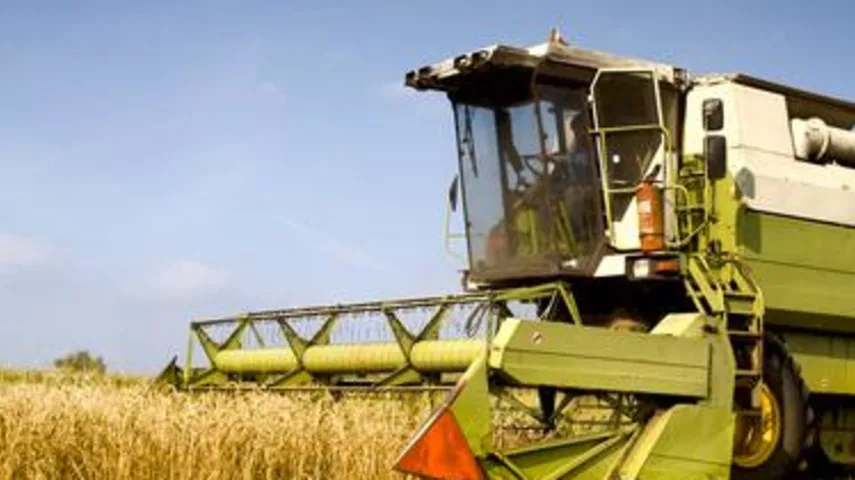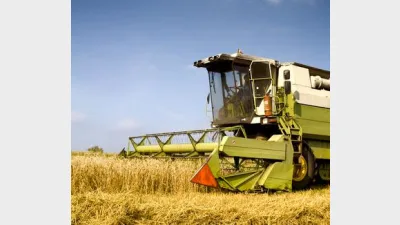BetaShares expands ETF offering



 BetaShares Capital Limited has announced the launch of an agriculture exchange traded fund (ETF) as part of the specialist provider's suite of new commodity exchange traded funds.
BetaShares Capital Limited has announced the launch of an agriculture exchange traded fund (ETF) as part of the specialist provider's suite of new commodity exchange traded funds.
The BetaShares Agriculture ETF will be available to both institutional and retail investors and will track the underlying performance of the S&P GSCI Agriculture Enhanced Select Index. The firm said that over the coming weeks two further commodity ETFs, the BetaShares Copper Index ETF and the BetaShares Commodities Basket ETF, will be added to BetaShare's investment options.
BetaShares head of investment strategy Drew Corbett said that the new investment options will give investors the flexibility to invest in asset classes traditionally difficult to access. The new ETFs are currency-hedged to largely remove the impact of currency fluctuations when trading between AUD and USD currencies, he added.
Commodities have the capacity to act as a diversifier and inflation hedge in balanced portfolios with low or negative correlation to global and domestic equities, fixed income and cash, BetaShares stated.
While the new ETFs are classed as 'synthetic' under the Australia Securities Exchange's (ASX's) Listing Rules, Corbett said that the product is fully backed by cash and held by a third-party custodian to protect investors against counter-party risk.
With its agricultural fund to be listed on the ASX this coming Friday, this will be the eighth ETF to be offered by BetaShares since joining the ETF market in December last year.
Recommended for you
Australia’s largest super funds have deepened private markets exposure, scaled internal investment capability, and balanced liquidity as competition and consolidation intensify.
The ATO has revealed nearly $19 billion in lost and unclaimed super, urging over 7 million Australians to reclaim their savings.
The industry super fund has launched a new digital experience designed to make retirement preparation simpler and more personalised for its members.
A hold in the cash rate during the upcoming November monetary policy meeting appears to now be a certainty off the back of skyrocketing inflation during the September quarter.









